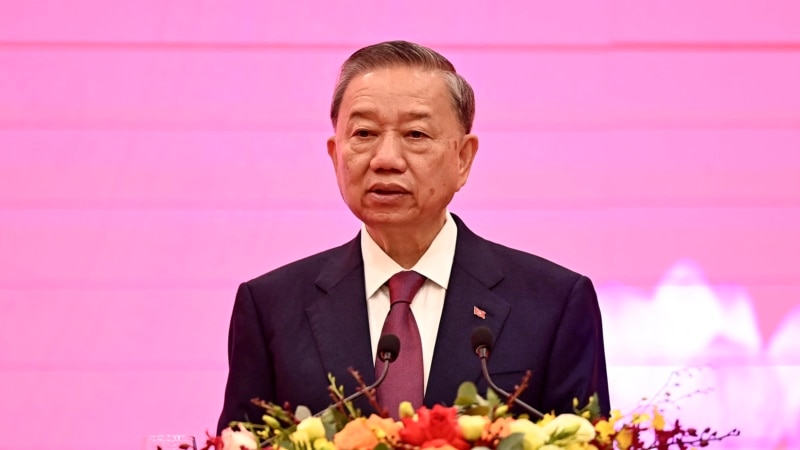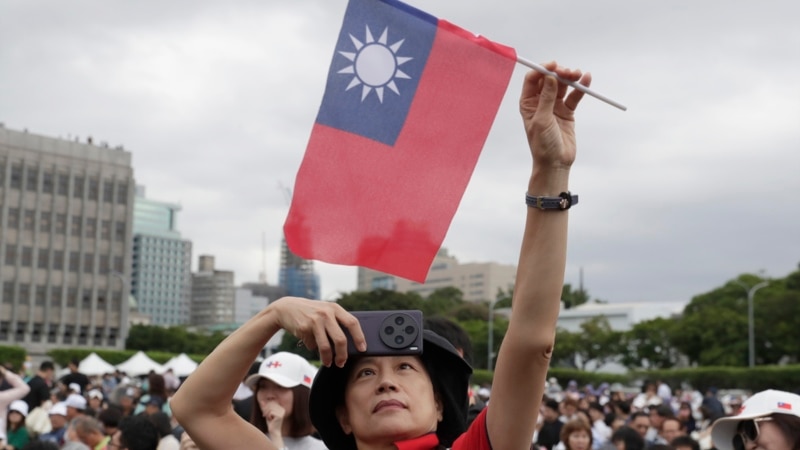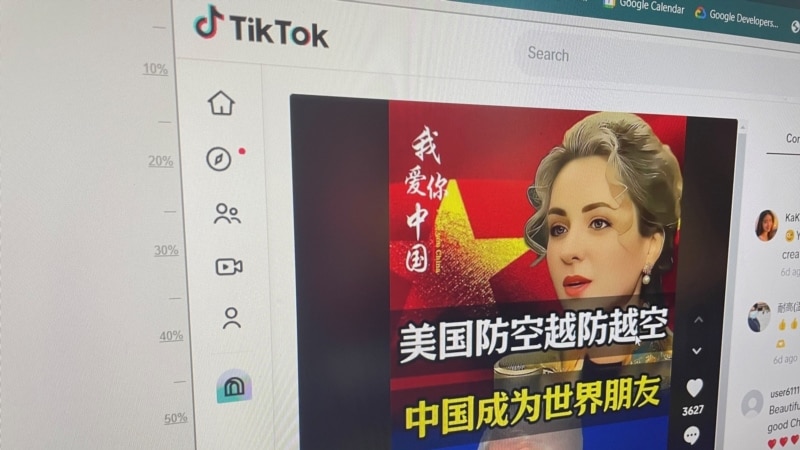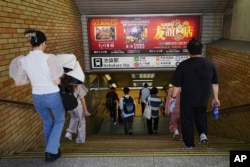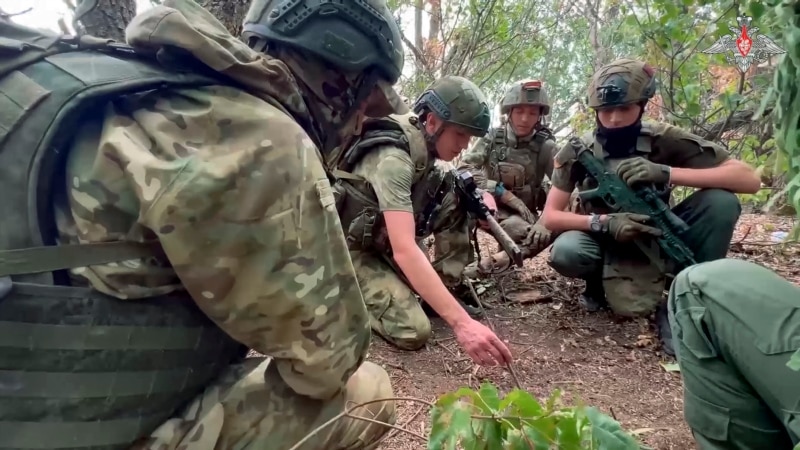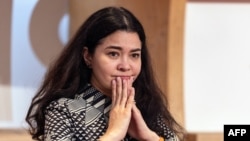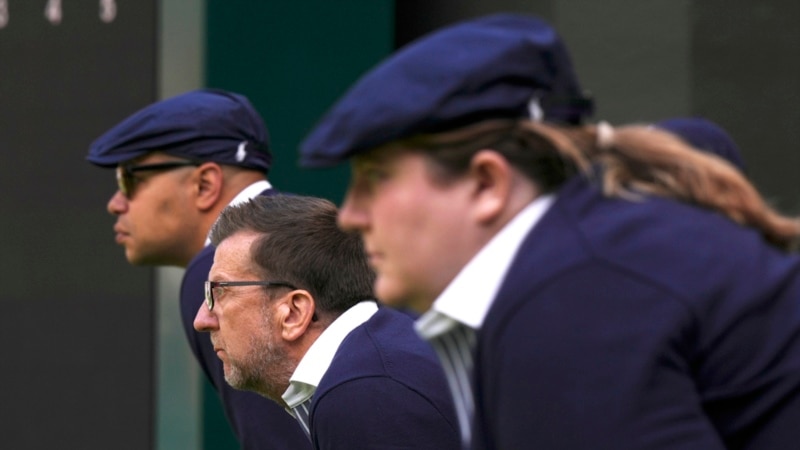Vietnam’s strategic balance between global powers is unlikely to change with To Lam, the former security tsar, at the helm of the country as Hanoi seeks to deepen its ties with both Washington and Beijing to boost its economic growth, experts told VOA.
Lam was unanimously voted to the post of general secretary of the Communist Party of Vietnam following the passing of his predecessor, Nguyen Phu Trong, according to a statement by the Party’s Central Committee on the conclusion of its extraordinary plenum on August 3. It came more than two months after he assumed the state presidency, making him the most powerful man in the country.
The general secretary of the Communist Party of Vietnam is the top leadership position, higher than the president and the prime minister of Vietnam.
Shortly after Lam’s election, China’s Xi Jinping and Russia’s Vladimir Putin were the first world leaders to congratulate him. Xi vowed to work with Lam to strengthen bilateral ties, while Putin called him “comrade.”
Four days later, U.S. President Joe Biden sent Lam a congratulatory message in which he said Vice President Kamala Harris and he “look forward to working with General Secretary Lam to continue advancing this historic progress, which supports a strong, independent, prosperous, and resilient Vietnam.”
Hanoi enjoys the highest level of ties with Washington, Beijing and Moscow after it elevated ties with the U.S. to comprehensive strategic partnership in September 2023 and three months later agreed to build a “community with shared future” with China.
Choice and priority
At the news conference immediately after his election as general secretary of the Communist Party, Lam said that the country’s foreign affairs path is generally unchanged in the principles of independence, agency, multilateralization and diversification – which under Trong came to be famously known as “bamboo diplomacy,” or delicate balancing between superpowers.
The country’s current foreign policy directions were shaped and enshrined at the last Party Congress in 2021, so it cannot be changed until the next Congress in 2026, noted Nguyen Hong Hai, a lecturer in international relations at Hanoi-based VinUni, in an email to VOA.
He argued that Vietnam’s foreign policy is a collective work by the Politburo, the party’s highest decision-making body, not Lam’s exclusive authority, although the top leader himself may have some personal imprints.
“Vietnam continues to strike a balance between China and the U.S.,” he stressed.
He noted that Hanoi characterizes ties with Beijing and Washington respectively as “strategic choice” and “strategic priority,” adding that “choice essentially takes precedence over priority.”
It is logical for Vietnam to place more importance on ties with China than the U.S. due to its geographic location and links between the two neighbors in many respects, the lecturer told VOA.
“Hierarchy of Vietnam’s foreign policy priorities ranges from neighbors, big powers, strategic partners, comprehensive partners, traditional partners and other important partners,” he explained. “Judging by these priorities, China is an all-encompassing partner.”
However, such precedence should not be interpreted as “Hanoi’s alignment with Beijing over Washington,” he stressed.
Carlyle Thayer, professor emeritus at the University of New South Wales in Canberra, told VOA in an email that “Vietnam will cooperate and struggle with both China and the United States in order to retain its independence and strategic autonomy.”
He noted that Vietnam’s foreign policy was fundamentally shaped by its goal of becoming a modern industrial country with a high income by 2045.
“To Lam will pursue parallel lines of action in relations with the United States and China,” he said. “Both lines of action aim at promoting Vietnam’s economic development.”
Lam will arrive in Beijing next week in his first foreign trip after becoming Vietnam’s highest leader where he expects to build personal ties with Xi Jinping just as Trong did
Trong met with Xi eight times both in Beijing and Hanoi between 2011 and 2024, including when Xi was still vice president in 2011. Both leaders managed to build a close relationship with special treatment like talks over tea.
“At the moment, To Lam’s personal ties with Xi is nowhere near that between Trong and Xi, and it takes time to build a comparably close relationship,” observed Hai.
As president, Lam hosted and held talks with Putin in June but never met Biden. He was minister of public security when Biden officially visited Hanoi last September.
Human rights concerns
As the minister of public security from 2016 to 2024, Lam oversaw the repression of dissidents. He was said to order the notorious abduction of a corrupt fugitive official in Germany in 2017, which strained relations between Hanoi and Berlin.
“As minister, To Lam bears responsibility for the harassment, intimidation, arrest and imprisonment of political and civil society activists. There is no indication that there will be any change for the better in Vietnam’s present human rights regime,” noted Thayer, who has been following Vietnam’s human rights status.
Thayer said the U.S. has established channels to communicate its concerns to Vietnam while the EU could invoke the democracy clause in the EU-Vietnam Free Trade Agreement should there be egregious human rights violations.
Vietnam’s poor human rights record is a product of its one-party political system under a collective leadership led by the late General Secretary Nguyen Phu Trong for the last 13 years, Carl Thayer noted. In a congratulatory message to To Lam, Xi Jinping expressed support for what he called the communist party’s new achievements in “socialist construction” in Vietnam, but did not bring up the issue of human rights.
Asked if Lam’s poor human rights record poses any obstacle to Washington’s and Brussels’ approaches, Thayer pointed to meetings between Lam and U.S. Secretary of State Anthony Blinken and the EU Foreign Affairs and Security chief Josep Borrell when they came to Hanoi last month to attend Trong’s funeral.
Blinken reportedly reassured Lam that the U.S. treasures the comprehensive strategic partnership with Vietnam, while Borrell told Lam that the EU wished to elevate ties to comprehensive strategic partnership.
“In general, the U.S.’ and EU’s approaches to Vietnam are unchanged,” said VinUni’s Hai. “What matters to Washington and Brussels is Vietnam’s foreign policy, not the role of an individual leader.”
www.Megalopoles.online

